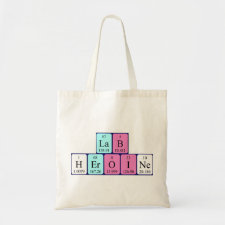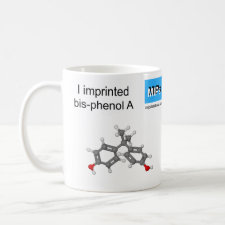
Authors: Yang YJ, Yu JL, Yin J, Shao B, Zhang J
Article Title: Molecularly Imprinted Solid-Phase Extraction for Selective Extraction of Bisphenol Analogues in Beverages and Canned Food.
Publication date: 2014
Journal: Journal of Agricultural and Food Chemistry
Volume: 62
Issue: (46)
Page numbers: 11130-11137.
DOI: 10.1021/jf5037933
Abstract: This study aimed to develop a selective analytical method for the simultaneous determination of seven bisphenol analogues in beverage and canned food samples by using a new molecularly imprinted polymer (MIP) as a sorbent for solid-phase extraction (SPE). Liquid chromatography coupled to triple-quadruple tandem mass spectrometry (LC-MS/MS) was used to identify and quantify the target analytes. The MIP-SPE method exhibited a higher level of selectivity and purification than the traditional SPE method. The developed procedures were further validated in terms of accuracy, precision, and sensitivity. The obtained recoveries varied from 50% to 103% at three fortification levels and yielded a relative standard deviation (RSD, %) of less than 15% for all of the analytes. The limits of quantification (LOQ) for the seven analytes varied from 0.002 to 0.15 ng/mL for beverage samples and from 0.03 to 1.5 ng/g for canned food samples. This method was used to analyze real samples that were collected from a supermarket in Beijing. Overall, the results revealed that bisphenol A and bisphenol F were the most frequently detected bisphenols in the beverage and canned food samples and that their concentrations were closely associated with the type of packaging material. This study provides an alternative method of traditional SPE extraction for screening bisphenol analogues in food matrices
Template and target information: bisphenol A, bisphenol F, bisphenols
Author keywords: Bisphenols, molecularly imprinted polymer, Solid-phase extraction, Beverage, Canned food



Join the Society for Molecular Imprinting

New items RSS feed
Sign-up for e-mail updates:
Choose between receiving an occasional newsletter or more frequent e-mail alerts.
Click here to go to the sign-up page.
Is your name elemental or peptidic? Enter your name and find out by clicking either of the buttons below!
Other products you may like:
 MIPdatabase
MIPdatabase









